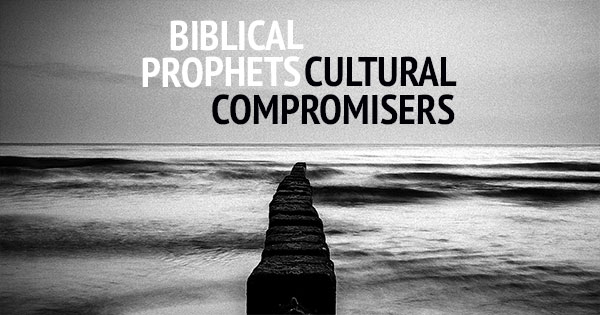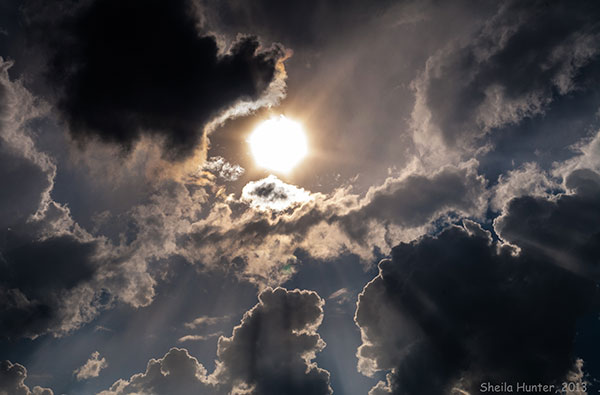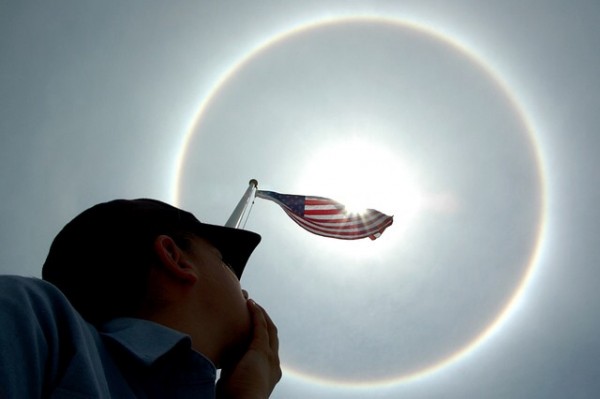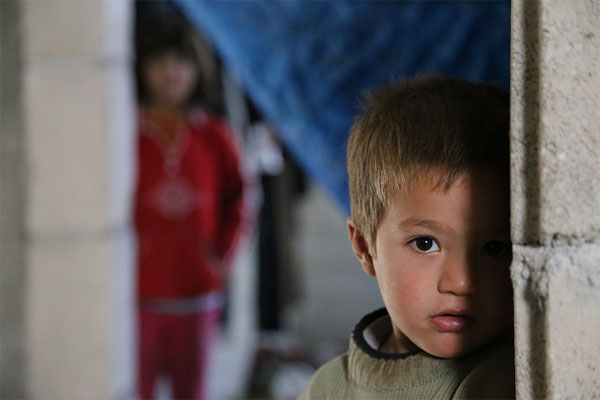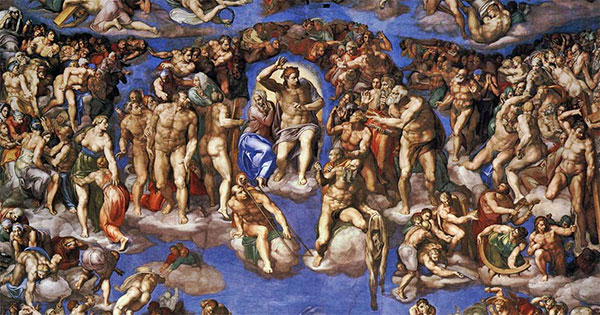“Rejoice in the Lord always” (Philippians 4). “Sing for joy!” (Isaiah 12).
With these words, ancient biblical voices call us to joy on the third Sunday in Advent.
The Latin term for this week in the season of Advent is “Gaudete” or “Rejoice,” and on this Sunday many churches follow the historic practice of lighting a rose-hued candle of joy instead of the penitential purple or anticipatory blue candles of the other three Sundays.
I have been thinking in recent days that perhaps this Advent we should forego Rejoice Sunday. The world is too weary with violence and pain. Indeed, what manner of rejoicing even rings true as we strike a match and touch its flame to the joy candle on this year’s wreath?
My friend’s 75th birthday celebration made me stop and reconsider my decision to snuff out the joy candle. Party-goers were asked to write my friend a poem or blessing. As I thought about this request, I realized that my friend’s life itself is both blessing and poem, for she has done what she could over her years of living to be kind, not just during the idyllic weeks of quixotic Christmas snow globes, but for the season that is her lifetime, even during times when life was anything but kind to her.
Thinking about my friend’s 75 years of weeks and days of learning by doing how to be a kind and caring human being has made me reconsider the meaning of that rose-hued candle on the Advent wreath. A world weighed down by fear and grief needs gifts of kindness. We may even be… [Read more…] about Advent Three: Rejoice?

